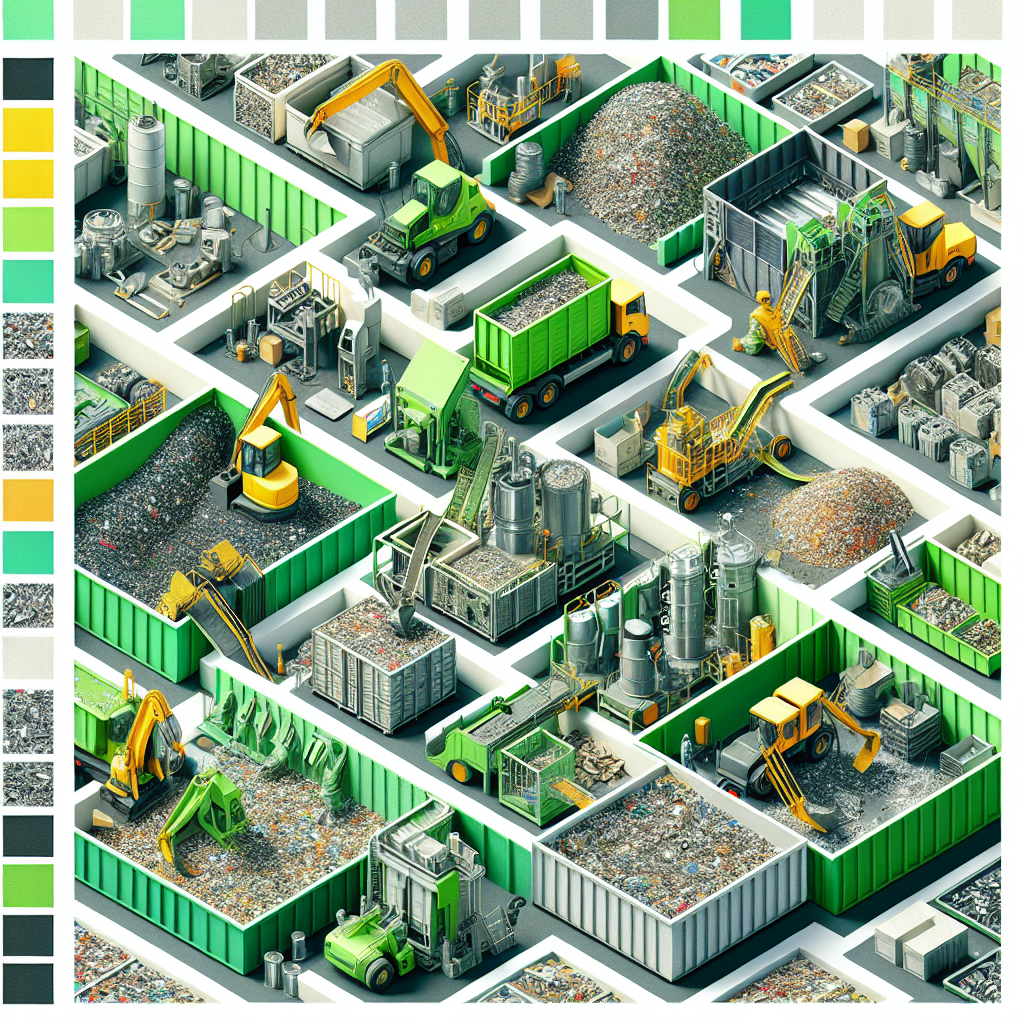Blog Ecobraz Eigre

How are industrial batteries recycled?
Introduction to the recycling of industrial batteries
The recycling of industrial batteries is a fundamental process for environmental sustainability, as it avoids the contamination of soil and water by heavy metals and toxic components, as well as allowing the recovery of valuable materials.
Collection and transportation of used batteries
The process begins with the collection of used industrial batteries, which are stored in appropriate places to avoid leaks and contamination. Transportation must follow safety regulations to avoid accidents and environmental damage.
Disassembly and separation of components
After reception, the batteries are manually or mechanically disassembled to separate the different parts, such as the plastic casing, lead plates, electrolytes and other materials. This separation is essential for the correct processing of each component.
Electrolyte treatment
The electrolyte, usually sulphuric acid in industrial lead-acid batteries, undergoes chemical neutralization to make it less aggressive to the environment. In some cases, it is possible to recover sulphuric acid or produce treated water for reuse.
Recovery of lead
The lead extracted from the plates is one of the most valuable materials in industrial battery recycling. It is melted down in blast furnaces to remove impurities and reused in the manufacture of new batteries or other metal products.
Recycling of the plastic casing
The casing, made mostly of polypropylene, is crushed and washed to remove chemical residues before being reincorporated as a raw material in the plastics industry.
Environmental and economic benefits
Recycling industrial batteries reduces the extraction of raw materials, reduces the amount of hazardous waste in the environment and contributes to the circular economy. In addition, it lowers production costs and avoids serious environmental impacts.
Conclusion
The recycling of industrial batteries involves several careful and specific steps to ensure that the materials are reused safely and efficiently, promoting environmental preservation and the sustainability of production chains.

Deixe um comentário
O seu endereço de e-mail não será publicado. Campos obrigatórios são marcados com *